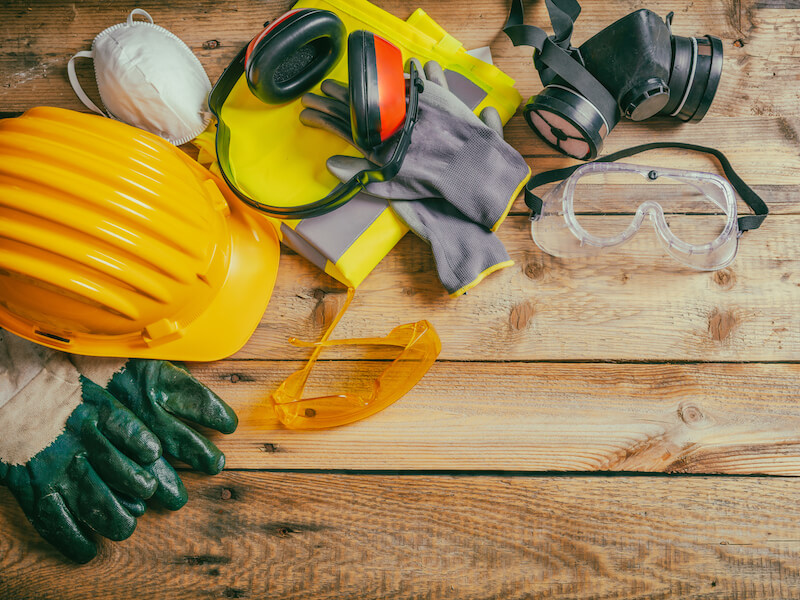
Each year, roughly 2 million workplace injuries are reported. When you think about on-the-job injuries, you may think of flying objects or a hand caught in a piece of machinery at a factory.
But there is a far more insidious on-the-job injury that is even more prevalent and frequently overlooked. Over a few years, it will sneak up gradually on people. The injury goes unnoticed until the symptoms become impossible to overlook. People typically make excuses. “It’s just part of aging” or “It’s not a permanent issue”. This response is normal.
Many individuals don’t even realize it was brought on by their workplace environment.
Hearing damage is this insidious injury. There are some important steps you should take if you detect any of the numerous warning signs.
How Loud is Too Loud?
Your hearing can be irreversibly damaged with regular exposure to as little as 85 decibels (dB) over a long period. Seventy-five dB, for example, is the average volume of a vacuum cleaner. A lawnmower delivers 85 dB. A chainsaw or leaf blower produces more than 100 dB. A gunshot is around 140 dB.
How loud is your workplace? Is the most common workplace injury a problem for you? Over time, your hearing is likely to be damaged if you’re regularly exposed to sound as loud as a lawnmower, even if it’s not constant.
Hearing Damage Signs
If you work in a noisy environment, there’s no question you’re harming your hearing.
What follows is are early warning signs that you’re experiencing hearing loss:
- You often ask people to repeat what they said.
- When you speak with people you always think they are mumbling
- When people speak, you tend disengage.
- You confuse consonants – “Todd” sounds like “Dodd,” for example.
- Your family and friends tell you your television, radio, or computer tablet volume is too high.
- You can’t understand the person speaking if there’s background noise.
- Loud noises cause pain in your ears.
- Conversations sound muffled.
- You hear ringing, whistling, or hissing even when it’s quiet.
How is Hearing Damage Being Addressed by Employers?
In settings that are really loud, technology is being put to use by businesses or organizations to reduce workplace noise. Workplace noise will be lessened as new guidelines are being put in place by governments to safeguard workers.
Employees are coming forward as they become aware of the chronic damage that workplace noise is causing. Over time, their voices will lead to further change.
Preventing Further Damage
If you work in a loud setting, the best thing you can do is safeguard your ears before any damage takes place. Potential damage will be reduced by wearing protective earplugs or earmuffs.
If you believe your hearing has been damaged by a noisy workplace, schedule a hearing test as soon as possible. When you determine the extent of your hearing loss, you will find out how to prevent further damage going forward. We address any hearing damage you’re already experiencing and formulate strategies to help you prevent any additional damage.

